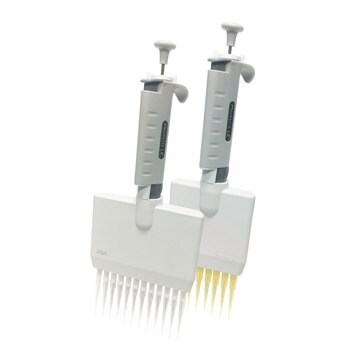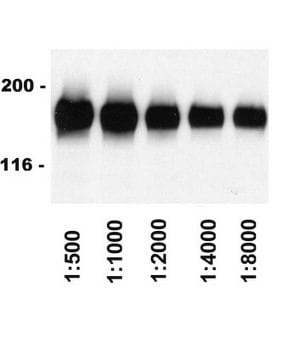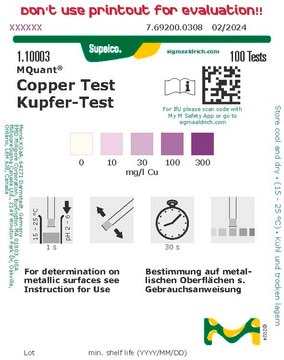ZRB1252
Anti-eNOS Antibody, clone 2F12 ZooMAb® Rabbit Monoclonal

recombinant, expressed in HEK 293 cells
About This Item
Javasolt termékek
biológiai forrás
rabbit
Minőségi szint
rekombináns
expressed in HEK 293 cells
konjugátum
unconjugated
antitest forma
purified antibody
antitest terméktípus
primary antibodies
klón
2F12, monoclonal
recombinant monoclonal
termékcsalád
ZooMAb® learn more
form
lyophilized
molekulatömeg
calculated mol wt ~133.28 kDa
observed mol wt ~135 kDa
faj reaktivitás
human, rat
faj reaktivitás (homológia által előrejelzett)
bovine, mouse, canine, horse, monkey
kiszerelés
antibody small pack of 25 μL
környezetbarátabb alternatív termék tulajdonságai
Waste Prevention
Designing Safer Chemicals
Design for Energy Efficiency
Learn more about the Principles of Green Chemistry.
fejlettebb validálás
recombinant expression
Learn more about Antibody Enhanced Validation
sustainability
Greener Alternative Product
technika/technikák
affinity binding assay: suitable
immunocytochemistry: suitable
immunohistochemistry (formalin-fixed, paraffin-embedded sections): suitable
western blot: suitable
izotípus
IgG
UniProt elérési szám
környezetbarátabb alternatív kategória
kiszállítva
ambient
tárolási hőmérséklet
2-8°C
célzott transzláció utáni módosítás
unmodified
Általános leírás
Each ZooMAb antibody is manufactured using our proprietary recombinant expression system, purified to homogeneity, and precisely dispensed to produce robust and highly reproducible lot-to-lot consistency. Only top-performing clones are released for use by researchers. Each antibody is validated for high specificity and affinity across multiple applications, including its most commonly used application. ZooMAb antibodies are reliably available and ready to ship when you need them.
Egyediség
Immunogen
Alkalmazás
Evaluated by Western Blotting in Rat Spleen tissue lysate.
Western Blotting Analysis: A 1:1,000 dilution of this antibody detected eNOS in Rat Spleen tissue lysate.
Tested Applications
Affinity Binding Assay: A representative lot from a representative lot bound eNOS peptides with a KD of 3.3 x 10-8 in an affinity binding assay.
Immunohistochemistry (Paraffin) Analysis: A 1:100 dilution from a representative lot detected eNOS in human placenta tissue sections.
Immunocytochemistry Analysis: A 1:100 dilution from a representative lot detected eNOS in HUVEC and HepG2 cells.
Note: Actual optimal working dilutions must be determined by end user as specimens, and experimental conditions may vary with the end user
Cél megnevezése
Fizikai forma
Feloldás
Tárolás és stabilitás
Jogi információk
Jogi nyilatkozat
Nem találja a megfelelő terméket?
Próbálja ki a Termékválasztó eszköz. eszközt
Tárolási osztály kódja
11 - Combustible Solids
WGK
WGK 1
Lobbanási pont (F)
Not applicable
Lobbanási pont (C)
Not applicable
Analitikai tanúsítványok (COA)
Analitikai tanúsítványok (COA) keresése a termék sarzs-/tételszámának megadásával. A sarzs- és tételszámok a termék címkéjén találhatók, a „Lot” vagy „Batch” szavak után.
Már rendelkezik ezzel a termékkel?
Az Ön által nemrégiben megvásárolt termékekre vonatkozó dokumentumokat a Dokumentumtárban találja.
Tudóscsoportunk valamennyi kutatási területen rendelkezik tapasztalattal, beleértve az élettudományt, az anyagtudományt, a kémiai szintézist, a kromatográfiát, az analitikát és még sok más területet.
Lépjen kapcsolatba a szaktanácsadással






